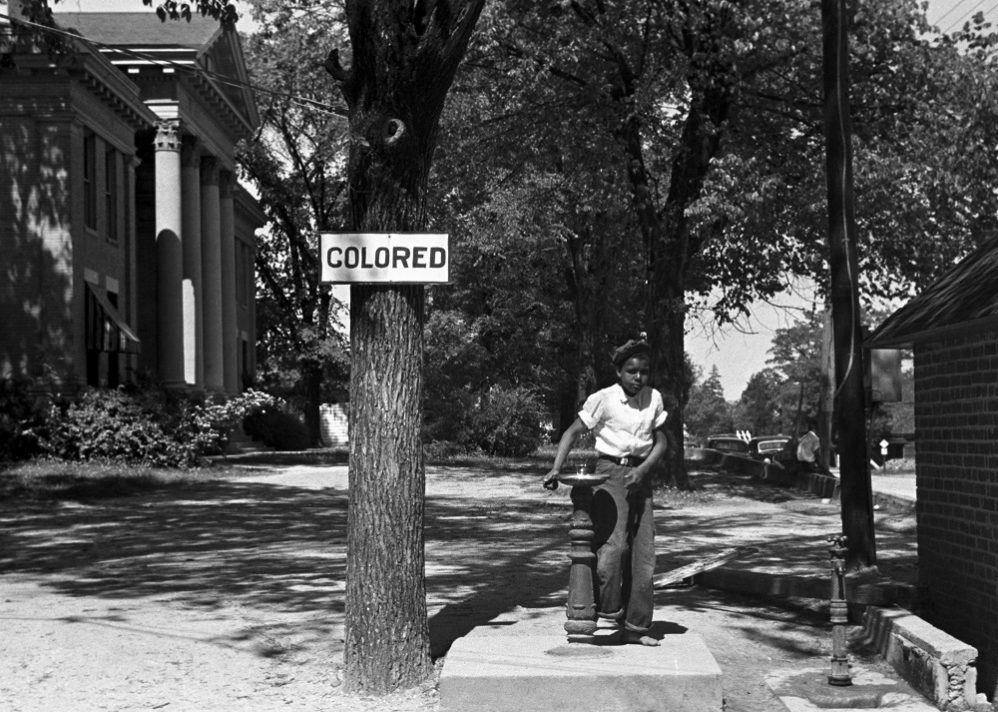Despite the Supreme Court’s 2023 decision in SFFA v. Harvard and UNC that declared racial preferences in college admissions unconstitutional, the Biden administration’s Department of Justice (DOJ) is doubling down on defending such policies in military service academies. Critics are calling it a brazen attempt to sidestep the Constitution and keep discriminatory practices alive under the guise of national security.
In the Harvard case, the Supreme Court struck down the use of racial preferences in college admissions, rejecting the argument that the “educational benefits of a diverse student body” justified discrimination. Chief Justice John Roberts dismissed this reasoning, labeling the supposed benefits “imponderable” and unverifiable. The court concluded that racial preferences fail to meet the constitutional standard of strict scrutiny.
However, the Biden administration saw the ruling not as a mandate but as a challenge. Solicitor General Elizabeth Prelogar had argued during the case that the military’s service academies relied on these preferences to maintain a “diverse officer corps,” which she claimed was essential to national security. The court rejected her arguments, calling them vague and unsupported by measurable evidence.
Faced with the Supreme Court’s rebuke, the DOJ crafted a new defense for racial preferences in SFFA v. USNA, a case targeting the Naval Academy’s admissions policies. This time, the justification shifted from the “educational benefits of diversity” to the claim that a racially diverse officer corps enhances military effectiveness, unit cohesion, combat lethality, and even recruitment and retention.
According to the DOJ’s new argument, racial preferences supposedly bolster the domestic and international legitimacy of the U.S. military. This fresh narrative recycles outdated arguments rooted in Vietnam-era racial tensions to justify discriminatory policies in the present day.
Critics argue that this justification is nothing more than political maneuvering cloaked in military jargon. They point out that the real goal isn’t military readiness but appeasing political agendas.
In a recent ruling, U.S. District Judge Richard Bennett upheld the Naval Academy’s use of racial preferences. His decision accepted the DOJ’s revamped justification without applying strict scrutiny—the highest standard of judicial review. Instead of rigorously examining whether a specific racial mix genuinely enhances combat effectiveness, Judge Bennett deferred to the assertions of military leaders parroting the DOJ’s arguments.
This decision has sparked outrage among constitutional scholars and advocates of equal protection. They contend that the ruling prioritizes rhetoric over reality, allowing ideologically driven policies to undermine the rule of law.
Critics argue that the military’s reliance on racial preferences stems not from genuine strategic necessity but from political pressure. They claim that admirals and generals are simply following the directives of their civilian superiors in the Biden administration, who are determined to push diversity as a policy goal regardless of its impact on constitutional principles.
The Supreme Court previously warned against the arbitrary use of racial classifications, describing them as “imprecise” and “incoherent.” Yet, the DOJ’s new argument merely repackages the same flawed practices under a different pretext.
There is still a chance that the Naval Academy case will face further legal challenges. Critics are optimistic that higher courts will subject the DOJ’s justifications to the strict scrutiny they deserve.
Moreover, a shift in political leadership could render the case moot. If a new administration orders military academies to end racial preferences, Judge Bennett’s ruling could be vacated, and similar cases against West Point and the Air Force Academy could be dismissed.
Congress could also step in by amending the National Defense Authorization Act to explicitly prohibit racial preferences in military admissions. Such a move would ensure that these divisive policies are permanently dismantled, regardless of future political shifts.
The DOJ’s defense of racial preferences in military academies raises troubling questions about the erosion of constitutional principles. By crafting new justifications for discrimination, the administration is testing the limits of the Supreme Court’s rulings and the patience of the American people.
The Supreme Court’s decision in SFFA v. Harvard and UNC was a victory for equal protection under the law, reaffirming that racial discrimination cannot be justified by vague or unverifiable claims. Yet the Biden administration’s persistence in defending these policies demonstrates that the fight for constitutional integrity is far from over.
As the Naval Academy case unfolds, it serves as a critical reminder of the importance of vigilance in upholding constitutional principles. Legal experts, lawmakers, and citizens alike must remain steadfast in their commitment to the rule of law and reject efforts to manipulate it for ideological purposes.
The outcome of this case will have far-reaching implications—not only for military admissions but for the broader struggle against discriminatory policies masquerading as progress. The time has come to reaffirm that equal protection under the law is not just an ideal but a fundamental right that cannot be compromised.







You must be logged in to post a comment Login